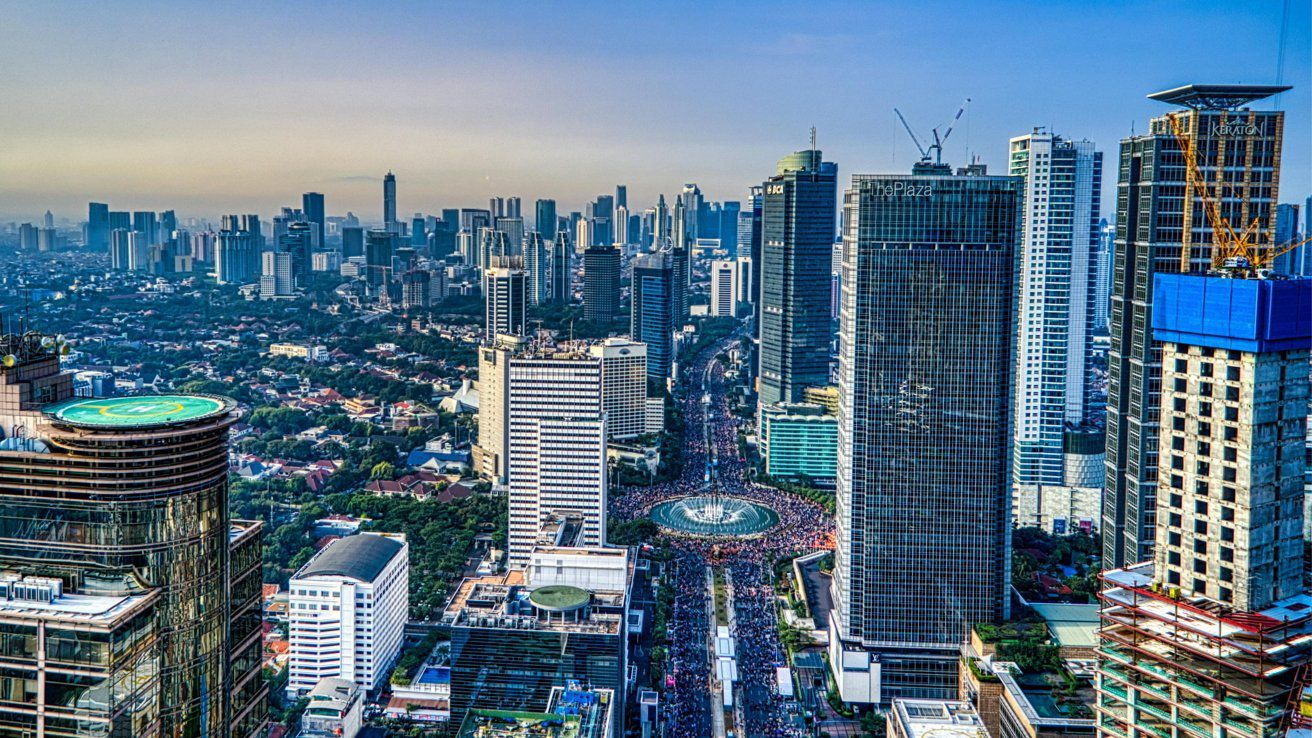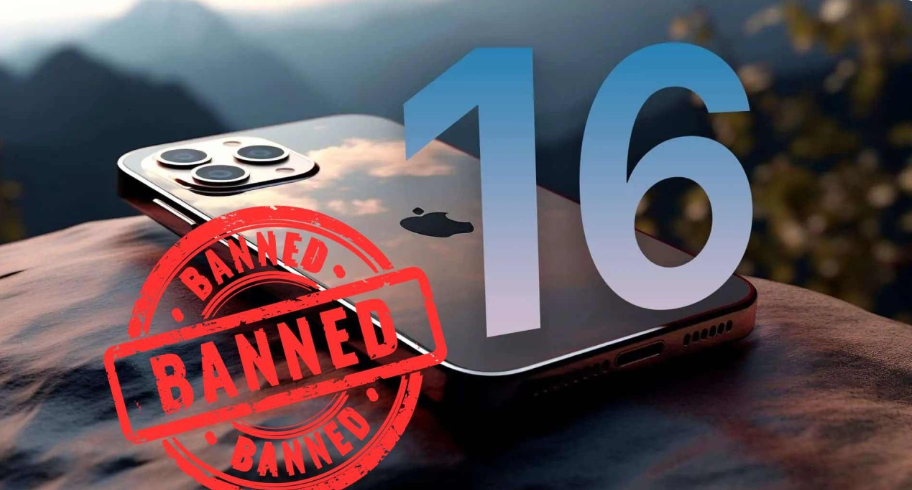Indonesia says Apple's $1 billion investment is not enough to lift iPhone 16 ban, report says
The Indonesian government says it will not lift the ban on iPhone 16 sales despite Apple's pledge to invest $1 billion in domestic production.
Indonesia has long had a mandatory requirement that devices sold in the country contain 35-40% of their components made locally. But for years, companies including Apple have overcome that barrier by investing in local development and creating jobs.
Illustration photo.
However, Reuters reported that Minister Agus Gumiwang Kartasasmita confirmed that Apple had reached an agreement to invest $1 billion in a new facility. The factory will be built in Batam, part of the Riau Islands near Singapore. Accordingly, the factory will open in 2026 and will be used to produce AirTags, and Indonesia said that investment was not included.
Minister Agus Gumiwang Kartasasmita said:
"There is no basis for us to allow Apple to sell iPhone 16 because the factory has no direct connection with iPhone components."
Agus claims he had two days of meetings with Nick Ammann, Apple's vice president of global government affairs, who presented "innovative investment" proposals.

Illustration photo.
Before the 2024 ban, Apple had not exactly followed through on its investment in establishing local development academies. Apple’s commitment at the time was about $110 million, and the company was about $10 million short.
It is still unclear whether Apple can continue to sell the iPhone 16 in this country if it fails to fulfill its commitments. However, Indonesia has been quite strict with its regulations.
Apple has no manufacturing facilities in Indonesia to date, although CEO Tim Cook has promised to consider changing that.


